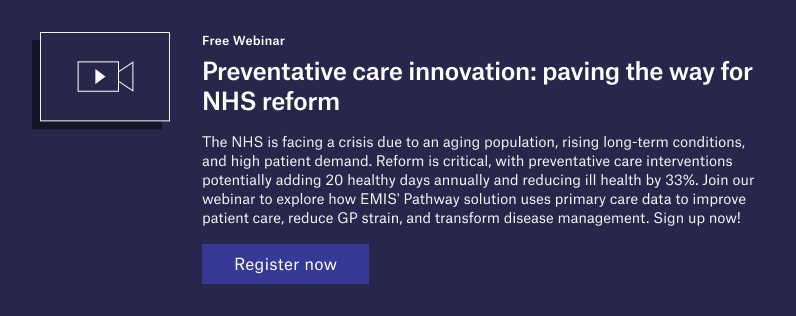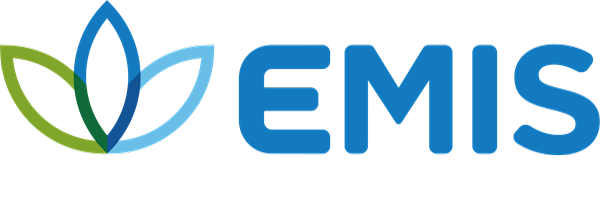
In our increasingly interconnected world, technology has woven itself seamlessly into the fabric of our daily lives. From the moment we wake up, we find ourselves reaching for our smartphones, eagerly opening social media apps, checking our calendars, and relying on digital tools to navigate the intricate web of modern existence.
This reliance on technology extends to every industry, and the healthcare sector is no different. Digital systems are the backbone of our NHS, integral to the management and delivery of care. From the use of electronic health records (EHRs), appointment scheduling and safe prescribing to virtual consultations and bed management; digital tools are enabling healthcare teams to work more safely and efficiently, driving improved patient outcomes.

With the rising uptake in data analytics and artificial intelligence applications, we’re now also seeing how digital solutions are enabling insights into health trends, supporting proactive interventions, and improving clinical decision support for healthcare teams.
Information overload
However, these technologies come with their own set of challenges. The constant availability of communication channels can lead to information overload and alert fatigue. Incessant streams of notifications, emails, and updates can feel overwhelming, and have adverse effects on our ability to think clearly, work efficiently and derive meaningful insights.
It’s also increasingly hard to differentiate trustworthy sources from those that lack credibility. Consequently, people are actively seeking sources they can trust, turning to established institutions, renowned experts, and well-curated platforms that have earned a reputation for accuracy and integrity.
In healthcare, where new guidance and processes are being developed daily, digital technology must strike the balance – absorbing the sheer scale of new information that is being published and communicating this back to clinicians at the right point in time to make effective decisions.
Clinical systems leverage this capability already, helping healthcare professionals to navigate through volumes of information at their fingertips. Sophisticated clinical decision support can surface relevant guidance as data is entered into the system, alerting the user to pertinent information that supports safer decisions, and ultimately optimises care.
Closing the loop
When it comes to delivering meaningful insights to healthcare professionals, the mantra of ‘right place, right time’ is vital. Employing digital tools that can surface trusted information from within clinical systems can cut through the noise and add real value for the clinician, and ultimately, their patients.
Digital technology plays an essential role in closing the loop within the Life Sciences industry, and allowing new knowledge, solutions and treatment pathways into the complex clinical systems that are relied upon daily. Embracing this technology can connect healthcare and industry to ensure that the latest guidance, treatments and care pathways are surfaced at the right point in time to have a real impact on patient care.


